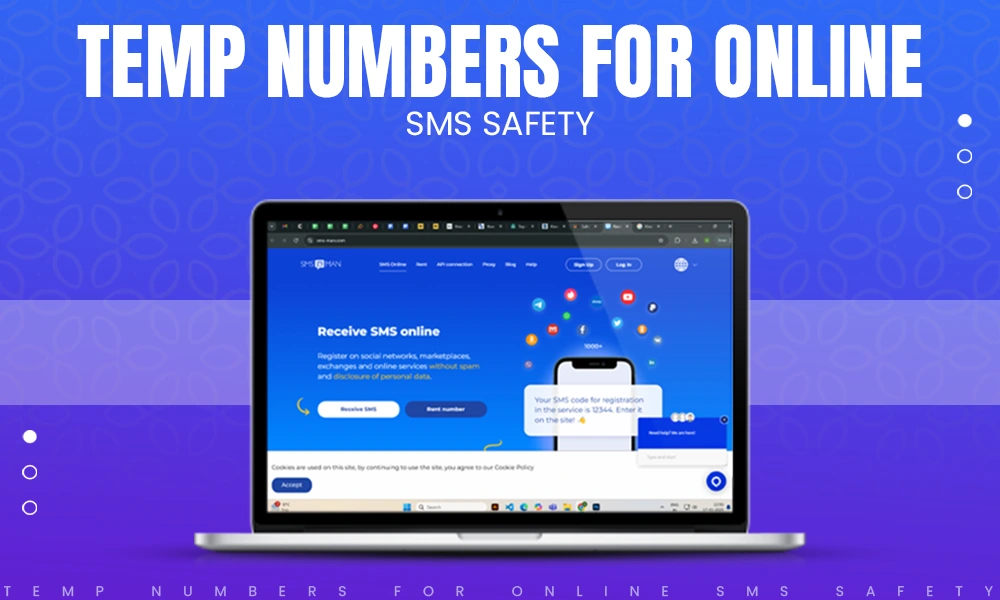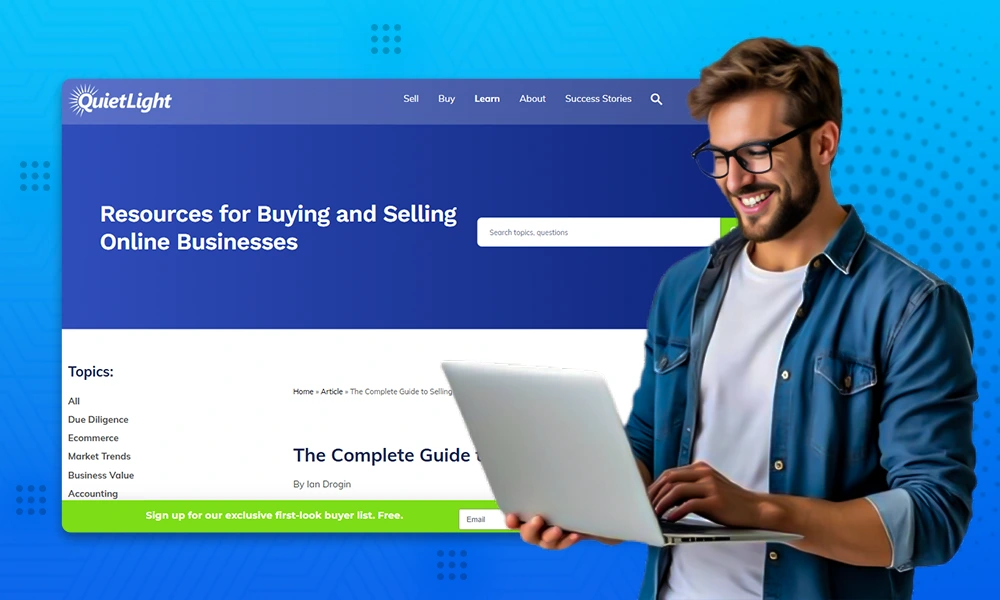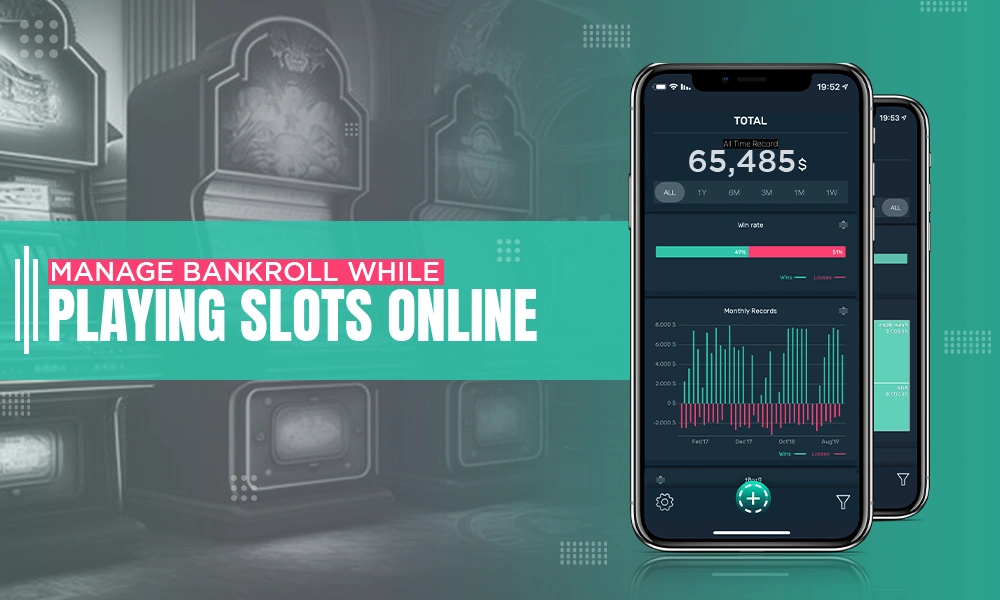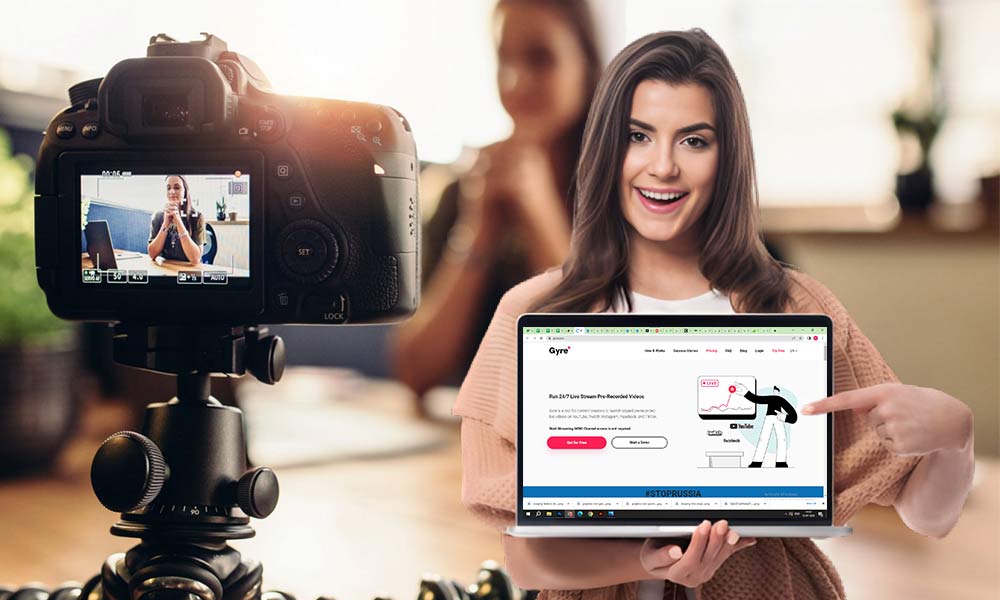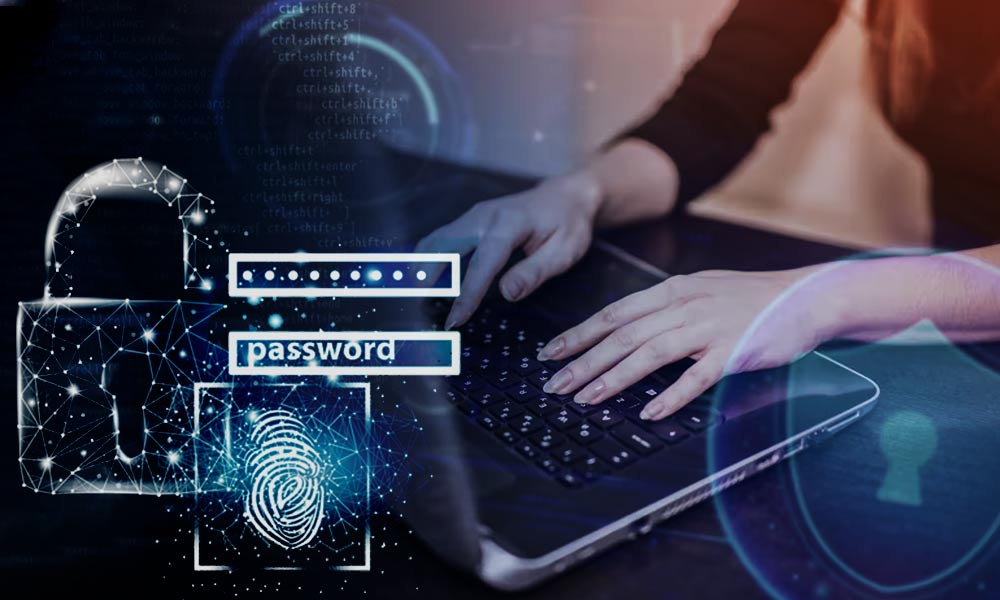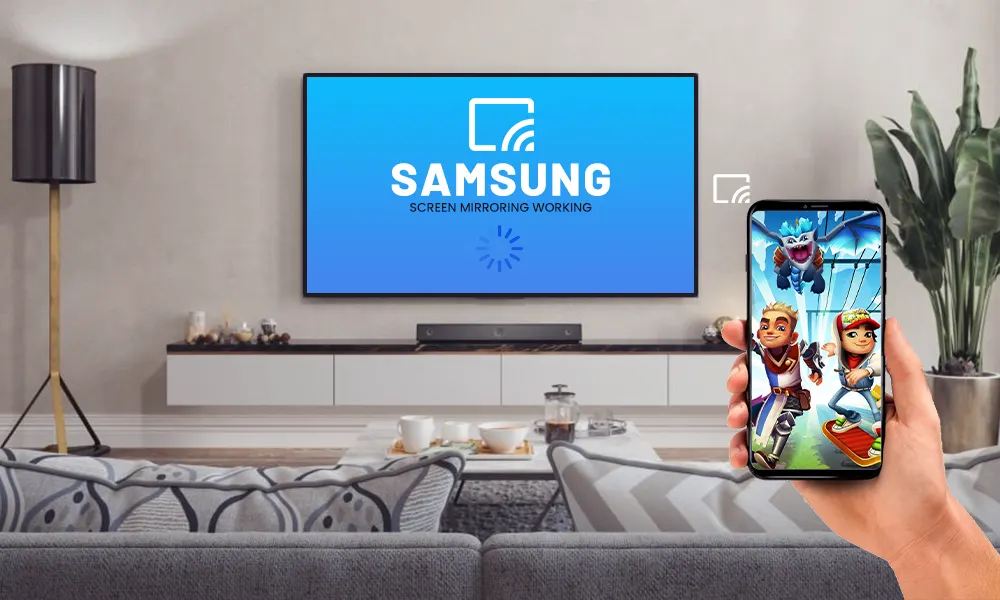How to Enhance Your Online Security with VPNs?
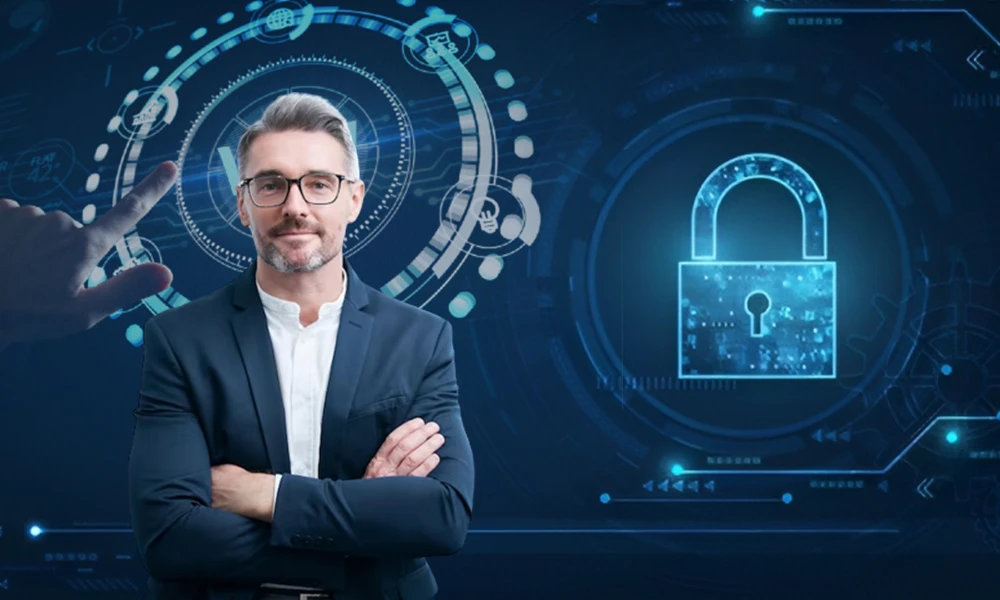
The digital age is a double-edged sword, wielding both power and peril. With the rise of technology, we’ve embraced a world of unparalleled convenience, where knowledge, entertainment, and social interactions are just a click away.
But as we journey deeper into this interconnected realm, the shadows of cyber threats grow larger, menacing our personal and professional virtual sanctuaries.
Amidst this landscape, tools have emerged to counter these hackers, with one standing out for its efficacy and ubiquity. The Virtual Private Network, commonly known as a VPN, is heralded as a bastion for those seeking refuge in the volatile realm of the internet.
This protective shield not only guards your online identity but also ensures that your data remains concealed from prying eyes.
Understanding VPNs: A Brief Overview
A Virtual Private Network, in its essence, is a guardian of your digital journey. When you connect to the internet, you’re traversing a vast web landscape, where data packets move back and forth between your device and servers.
But without protection, this journey can be perilous. Just as a traveler might seek a safe route through treacherous terrain, a VPN acts as a secure, fortified tunnel between your device and the vast world of digitization.
Imagine this tunnel as a secret underground passageway, virtually invisible to the world above. As you navigate through this passageway, its services wrap your reports in layers of encryption, much like how a traveler might cloak themselves to avoid detection.
This encryption ensures that any prying eyes—like hackers, advertisers, or snoopers—can’t decipher the information you’re sending or receiving. In this cloaked state, your web activities remain private, your sensitive information protected, and your peace of mind intact.
TIPS & TRICKS
Bandwidth throttling or time-consuming buffering while streaming a video could be avoided by using a VPN and you can enjoy faster connection speed.
Why Online Security Matters?
Every day, countless cyber threats lurk in the shadows, from hackers looking to steal sensitive information to government agencies wanting to monitor your web activity. Moreover, the increasing reliance on internet platforms means even casual web surfers are vulnerable to online thefts.
For instance, online casinos, which have seen a surge in trend, often involve the exchange of personal and financial information. Players on these platforms need to be assured their content is secure from any potential cyber threats.
While virtual casinos have their security measures, using a Virtual Private Network adds an additional layer of protection. That’s why the VPNs are getting better day by day and helping you to hide your real IP address and encrypting your web connection, it ensures that even if a hacker tries to intercept your reports, all they’d get is indecipherable gibberish.
Benefits of Using a VPN for Online Security
- Anonymity: A Virtual Private Network masks your IP address, making it difficult for anyone (from hackers to advertisers) to track your internet activities or determine your physical location.
- Secure Public Wi-Fi: Connecting to public Wi-Fi networks, such as those at airports or cafes, can be risky. Hackers often exploit these networks to steal user information. A VPN encrypts your network, protecting your data from potential interception.
- Bypass Censorship: Some countries or networks may restrict access to certain websites. VPNs can help you access blocked content by routing your connection through servers in different locations.
- Protection Against ISP Throttling: Sometimes, internet service providers (ISPs) can slow down your connection if they detect you’re streaming or gaming. A Virtual Private Network hides your virtual activities, preventing ISPs from throttling your network based on your usage.
High-quality security, access to multiple sites, and speed are the biggest reasons for VPN usage. The graph below highlights the percentage of people worldwide who prefer to use a Virtual Private Network over their local internet service provider for uninterrupted work.
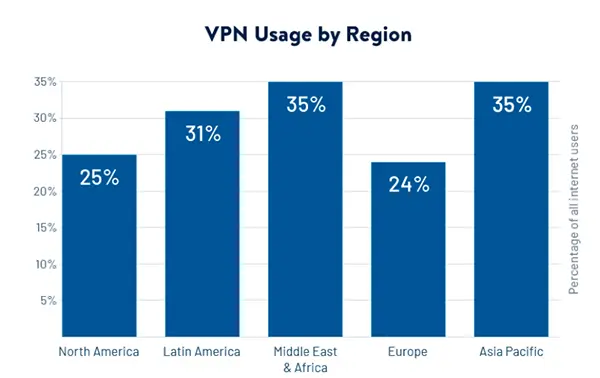
Choosing the Right VPN
While the benefits of VPNs are clear, it’s relevant to choose the right VPN for your needs. Here’s what to consider:
- No-logs Policy: Ensure the VPN service you select doesn’t keep logs of your web activities. This is vital for maintaining your privacy.
- Strong Encryption: The strength of the Virtual Private Network’s encryption determines how secure your reports are. Opt for a VPN that offers 256-bit AES encryption, which is currently the industry standard.
- Server Locations: The more server locations a VPN has, the better. This provides you with more options to connect and ensures you can access content from various regions.
- Speed: A good VPN shouldn’t slow down your internet connection significantly. Check reviews to see how it affects network speeds.
- Compatibility: Ensure the VPN you choose is compatible with all your devices, be it a computer, smartphone, or tablet.
In our rapidly progressing technological age, where nearly every aspect of our lives intertwine with the internet, the need for robust online security has become more pronounced than ever.
Every click, every download, every shared photo or transaction carries potential vulnerabilities. As we share moments, make purchases, or even indulge in leisure activities such as exploring online casinos, the invisible footprints we leave behind become beacons for potential cyber threats.
A VPN stands as a sentinel in this vast web landscape. Its role? To safeguard your internet presence by encrypting data and obscuring your virtual identity from the myriad of hackers lurking in the shadows.
Such proactive measures are no longer luxuries but necessities. In this unpredictable digital world, ensuring safety should be paramount. Hence, equipping yourself with a potent VPN isn’t just a wise decision—it’s a necessary one for anyone venturing online.

